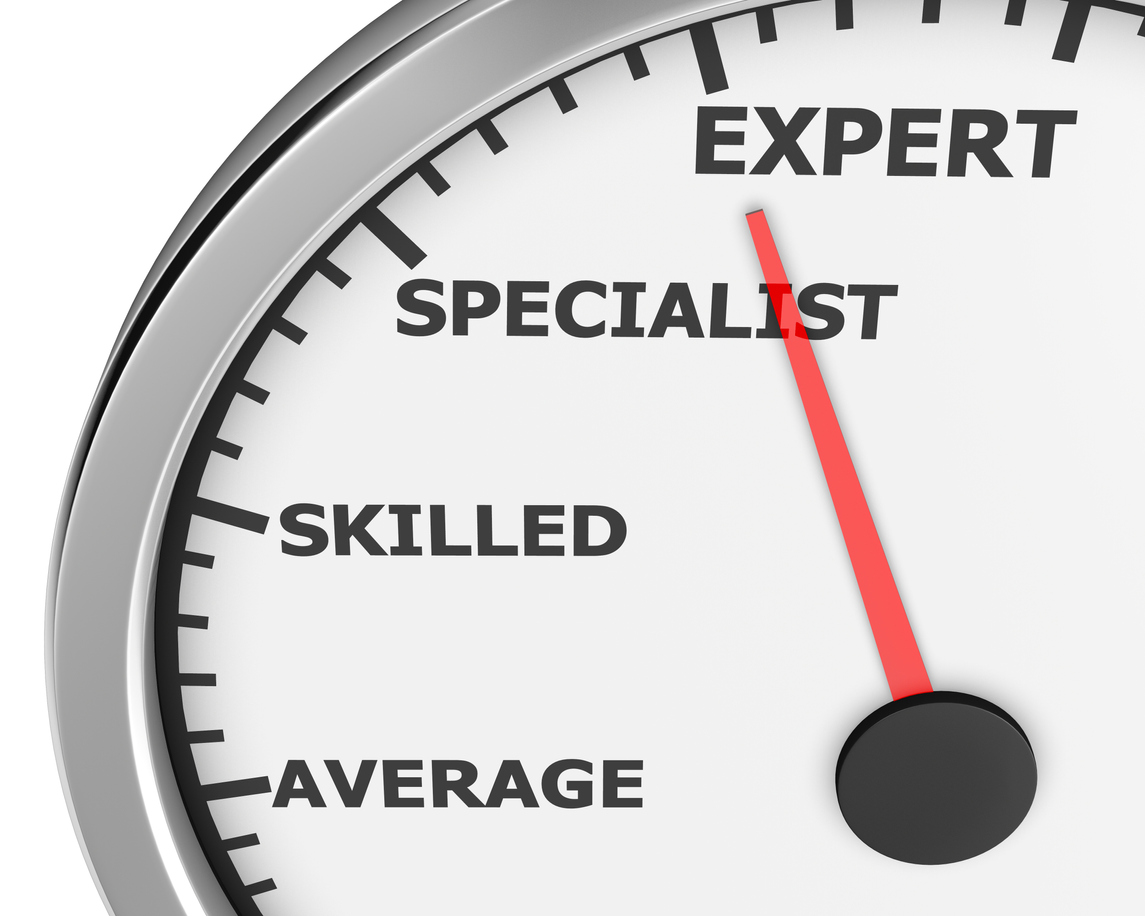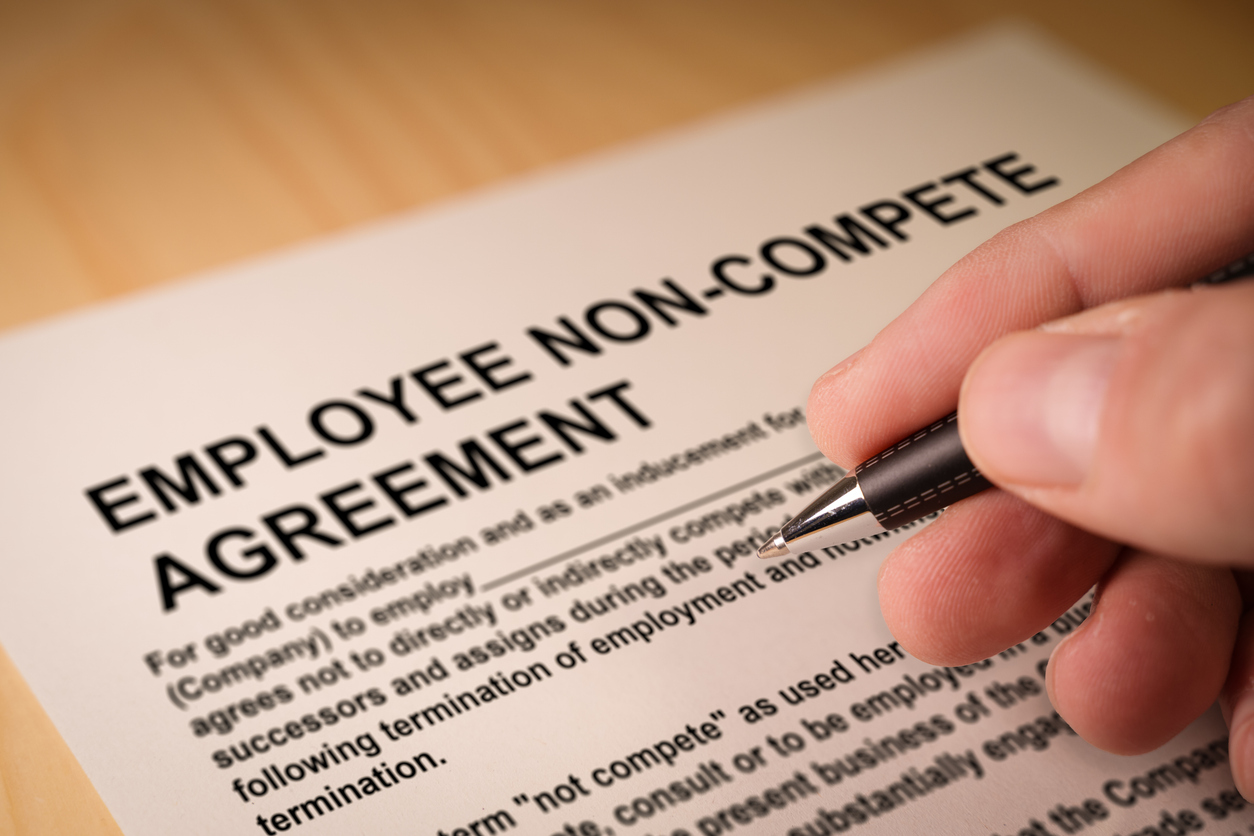A federal court case in Mississippi had an interim ruling earlier this month on whether a public adjuster could testify as an expert witness in federal court.1 There are a number of lessons from the case discussion.
The credentials, experience, and expertise of public adjusters vary greatly. There is almost nothing in the licensing that mandates that a public adjuster be an expert on valuation of structural damage. Yet, the vast majority of the cases have allowed public adjusters, who have credentials, to provide testimony regarding valuation of damages.
The court noted the following:
Plaintiff points out that Mr. Scott’s qualification has not been attacked as to his opinions on ‘the valuation of damages’ or the ‘scope of damages.’ She explains that Mr. Scott has been a licensed Mississippi public adjuster since 2019 and has been preparing property damage estimates on behalf of insurers and property owners using the Xactimate estimating software since 2017. He also has thirteen years’ experience as an independent contractor and remodeler. He is certified in the Xactimate software and is a member of professional associations involved with estimating and adjusting, including the Property Loss Appraisal Network (PLAN). These credentials have not been seriously assailed by Defendant. In the Court’s opinion, Plaintiff has shown that Mr. Scott maintains the minimum qualification needed to render opinions on the valuation and scope of damages. See Credeur Trust v. Liberty Mut. Ins. Co., 598 F. Supp. 3d 474, 477 (W.D. La. Apr. 12, 2022) (admitting expert on damages and causation where he was a licensed public adjuster since 2019, a member of PLAN, and a general residential and commercial contractor with years of experience).
Defendant also claims that Mr. Scott is not qualified to render opinions as to the cause of property damage because he stated that he prepared his report as an ‘estimator’ rather than an ‘adjustor.’ In response, Plaintiff argues that Mr. Scott’s description of his role as that of an ‘estimator’ is immaterial and does not affect his qualification to opine on causation. Plaintiff cites Mr. Scott’s identification as an adjuster, which often requires determining the cause of property damage. Plaintiff explains that Mr. Scott chose to describe his role in preparing the report as an ‘estimator’ to address why he failed to include depreciation, not to disqualify himself from opining on causation.
The court then noted a case decided in March discussing this issue:
Courts regularly find that insurance and public adjusters are qualified to testify on damage-causation issues in insurance cases. It is a well-known fact that claims adjusters must estimate the damage caused by natural disasters and other casualties, because causation is a key factor in insurance-coverage determinations. Although experience in engineering could be helpful in evaluating weather-damage causation, it is not required and goes to the degree of expertise rather than whether an adjuster is qualified under Rule 702.2
The court found that the public adjuster had sufficient credentials to testify about valuation and even causation of damages.
The insurance company then argued that the public adjuster failed to use an accepted methodology to make the determination of damages. The court disagreed finding:
[T]he Court agrees with Plaintiff that Mr. Scott did employ a standard methodology in arriving at his opinions. See Mason v. Texas Farmers Ins. Co., 2011 WL 10845765, at *2 (S.D. Tex. Dec. 1, 2011) (finding that a public adjuster expert employed a standard methodology where he ‘visually inspected the home, confirmed the measurements, took photographs, examined and documented property damage on both the interior and exterior, reviewed reports’ from other experts, and ‘prepared his assessment and report, using a standard industry estimating tool called Xactimate’). In all relevant respects, Mr. Scott utilized largely the same methodology here. To the extent that Defendant raises valid concerns with certain items in the estimate, such issues are better suited for ‘[v]igorous cross-examination, presentation of contrary evidence, and careful instruction on the burden of proof,’ which ‘are the traditional and appropriate means of attacking shaky but admissible evidence.’
The issue comes up quite frequently, with the operative question often being, “Should the public adjuster be an expert witness?” Our trial team has significant debates on this topic with each case. A prior post, Great Expert Witnesses Are Important to Property Insurance Cases, discusses how important expert witnesses are to a property insurance case. The first lesson is that a hard decision must be made on who would be the best witness on the issue of damages.
The next lesson is one all public adjusters should take to heart—what are your objective credentials to be able to render an expert opinion? While I certainly know a lot of public adjusters who hold a very high opinion of their abilities, bona fide credentials and experience matter.
Finally, the diligence of investigation, documentation, and methodology are significant. The more thoroughly the work can be substantiated, the higher the quality of the findings. So, the answer is “yes.” Public adjusters can certainly be expert witnesses if they have the credentials and do their job correctly.
I also suggest those interested in this topic read Insurance Coverage Cases Can Be Won or Lost Based on Expert Witnesses and The Preparation of Their Reports and Testimony.
Thought For The Day
Never become so much of an expert that you stop gaining expertise. View life as a continuous learning experience.
—Denis Waitley
1 Ladnier v. State Farm Fire & Cas. Co., No. 1:21-CV-407, 2023 WL 3830366 (S.D. Miss. June 5, 2023).




